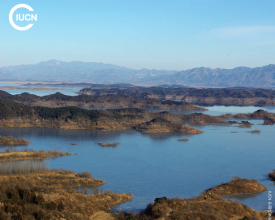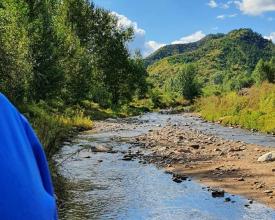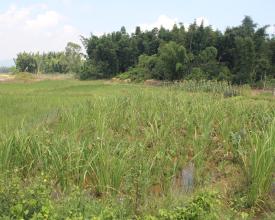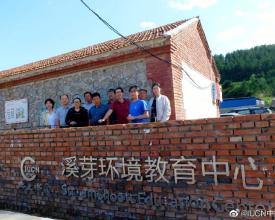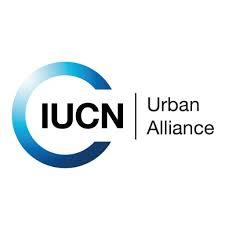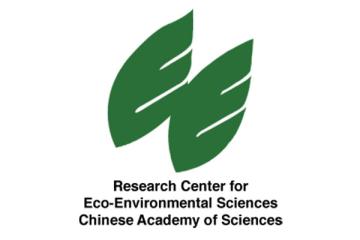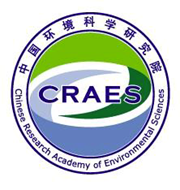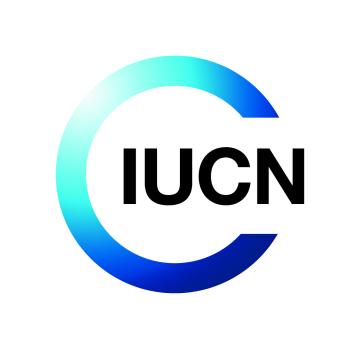
Nature-based Solutions for sustainable drinking water sources
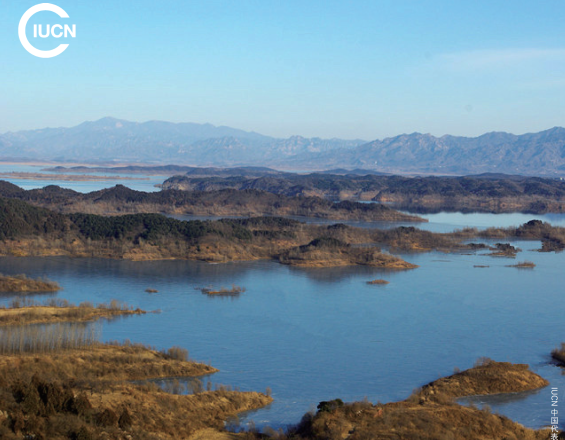
The Miyun Reservoir Watershed, located between Hebei Province and Beijing Municipality, supplies drinking water to over 11 million people in Beijing. It is the most important water source which stores water from the giant South-to-North Water Diversion Project. To safeguard the water quality of the reservoir, since 2013, IUCN has applied Nature-based Solutions upstream of the reservoir including forest landscape restoration with biodiversity conservation, the establishment of agroforestry and the riparian buffer zone, improvement of domestic sewage management, green infrastructure, and the establishment of an environmental education center.
By using natural infrastructure to deal with the water crisis, the project seeks to demonstrate ecological rehabilitation and protection of watersheds to ensure sustainable supplies of drinking water for Beijing. The project also analysed ecosystem functions and services, especially for water supply and purification, and developing strategies to guide landscape restoration.
Context
Challenges addressed
Location
Impacts
By using natural infrastructure to deal with the water crisis, the project demonstrated ecological rehabilitation and protection of watersheds to ensure sustainable supplies of drinking water to China’s capital city.
It conducted mapping, assessment, risk evaluation, and strategic planning for the Miyun Reservoir watershed, according to ecosystem functions and services, based on the biophysical and socio-economic surveys and assessments. It implemented specific nature-based ecological restoration and non-pollution control measures in Miyun Reservoir watershed and undertook watershed health assessment and monitoring. Environmental awareness had also been raised among the local communities and the general public. The environment and ecology in pilot communities has been greatly improved.
The project also explored long term watershed management and financing mechanisms, including integrated watershed management, ecological compensation, and payment for ecosystem services.
Thanks to the project, nature-based solutions including ecological restoration and pollution reduction approaches in Miyun Reservoir Watershed demonstrated and measured improved water quality and aquatic ecology. The results have been shared with several government agencies and organizations to support further decision-making and project development.

